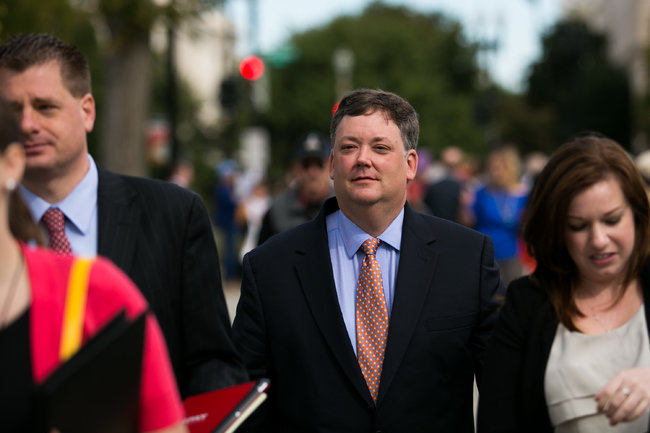One might wonder why a super PAC has First Amendment rights that trump state regulation of campaign contributions. After all, a wealthy individual can make a contribution to a PAC that he knows will be spent to promote the interests of a candidate he favors. Why shouldn’t his contribution be subject to the same limits that would apply if he made the contribution directly to the candidate?
The answer is that an individual is free to spend unlimited amounts of his own funds to promote any view he favors. The only circumstance under which a state may limit his freedom of expression occurs when an individual contributes directly to a candidate or campaign. In that case, the state may reasonably conclude that a large contribution is the result some sort of promise or understanding by the candidate to provide something in exchange — a quid pro quo — for the contribution. And a state may conclude that the appearance of a quid pro quo contribution is sufficiently harmful to public confidence in the fairness of elections to justify the imposition of limits on all contributions.
An independent campaign committee — popularly called a “super PAC” — does not coordinate its expenditures with any campaign organization or candidate. In decisions going back to Buckley v. Valeo, 424 US 1, (1976), the Supreme Court has ruled that the state may not limit campaign contributions unless it has a compelling interest to do so. Generally, the only compelling interest that supports campaign limits is the appearance of a quid pro quo between the contribution and some later favor that the donor either expects or has reason to believe the candidate will bestow in exchange for the contribution.
However, contributions to an independent expenditure committee cannot create even the appearance of quid pro quo corruption since the candidate cannot either encourage the contribution or frustrate or decline it. By definition, contributions to an independent expenditure committee are made without the candidate’s knowledge.

The risk of a quid pro quo contribution to NYP3 was even more remote given that its first and primary benefactor was Alabama businessman Shaun McCutcheon. Mr. McCutcheon had no business in New York City and little contact with it. Hence he could expect no favor in return for his promised contribution to NYP3.
Moreover, the chance that Mr. McCutcheon’s contribution or any the contribution of any other individual to NYP3 would somehow distort the upcoming election was even more remote: Joe Lohta was more than forty points behind in the polls. At most, the few hundred thousand dollars that NYP3 could hope to raise in few short weeks between the primaries and the general election would slightly offset the large fundraising advantage of the other candidates, notably Bill de Blasio.
